
Could Donald Trump win by Brexit Effect?
“The most heeded futurists these days are not individuals, but prediction markets, where the informed guesswork of many is consolidated into hard probability.” – The Economist: The Future of Futurology
What is the Brexit effect, you ask? In June, Britain held a referendum (aka Brexit) asking its citizens to vote “leave” or “remain” in the EU (European Union). Although consensus was mixed on “main street,” polls and betting sites up to the day before the vote were substantially supporting a stay decision.
We know now the polls, which have their flaws for sure, were off enough from true, that the vote flipped to exit. But, most surprising was that the betting sites were wrong – by a LOT. The average across most sites was 88% for staying up to the time of the vote. The actual outcome, however, was 52% favoring exit. A pretty dramatic, “Oops moment.”
Why were the gambling sites so wrong? There are two components to The Brexit Effect. One is it occurs when bettors place bets based solely on the odds showing at the very betting site from where they are placing their bets. Typically, the average bet is placed using a combination of polls, current events, and social media, for starters. Much is considered before putting cash on a future outcome. The numbers may have been off because the bettors weren’t considering anything but what other bettors had already considered, therefore skewing the numbers.
The second element of The Brexit Effect is the trend betting sites have been showing for a while now regarding the US presidential election between Trump and Clinton. The number of bettors for Trump is higher than the cash laid per bet. Conversely, the number of bettors for Hillary are fewer, but those who are betting are willing to put more money on her to win. So if there is more money behind Hillary than Trump, she’s going to show well, even though Trump clearly has some very enthusiastic supporters.
PredictWise is an example of working to minimize error.
PredictWise reflects David Rothschild’s academic, peer-reviewed, research into prediction markets, along with polling and online/social media data. The backbone of predictions on this site are market-based, generated from real-money markets that trade contracts on upcoming events. While we have great respect for: polls and online/social media data, the topline predictions reflect data that are more accurate, flexible, and update in real-time.
As it stands today, PredictWise has Hillary with an 87% chance she will take (back) the White House.
Below the Fold
Don’t know what to do with your unused vacation days? One forward-looking American entrepreneur has a few ideas that could please you and your employer.
PTO Exchange, which launched Oct. 4, plans to work with employers to let their worker trade in the value of their unused “paid time off” for other perks. These could include added contributions to a 401(k) account, money to put toward college tuition expenses, reimbursement for travel expenses or a donation to a favorite charity, depending on how the employer sets up the account and what it wants to encourage.
I’m intrigued by this “new” idea. It’s a little like the Republican solution to Social Security insolvency. Consider this: you’ve earned four weeks vacation and that vacation time is worth $5k. Instead of your employer telling you how to spend your $5k as “use or lose,” or “bank it,” the company provides some number of options. It’s a win-win. The company’s accounting liability is relieved, and you get money to put towards student loans.
Similarly, with Social Security. Privatization is a win-win proposal. The federal government is relieved of managing a failing program, and our children can retire with dignity.
Today in History. 28 October 1919. The National Prohibition Act (The Volstead Act) passed its final hurdle on this day by Congressional Veto Override in 1919. President Woodrow Wilson (R) opposed the law because it also included wartime prohibition, not on its overall merit.
“Temperance societies and Progressives alike saw the need for more governmental control and involvement in citizens’ lives.”
The NPA was a doubling down, of sorts, of the 18th Amendment to the Constitution by setting methods of enforcement, and identifying the “intoxicating liquors” included and excluded in the ban. Its intention was to “improve public morals.” But, as we now know, it instead created an underworld of uncontainable crime.
“Prohibition made life in America more violent, with open rebellion against the law and organized crime.”
Without sufficient resources to enforce Prohibition, many states disregarded the law altogether. Herbert Hoover called it “the great social and economic experiment, noble in motive and far-reaching in purpose.”
In 1933, the 21st Amendment repealed the 18th Amendment. It was the only time in US history an entire Amendment was revoked.
Welcome, RedStaters to the WaterCooler! It’s RedState’s only daily open thread. Enjoy!



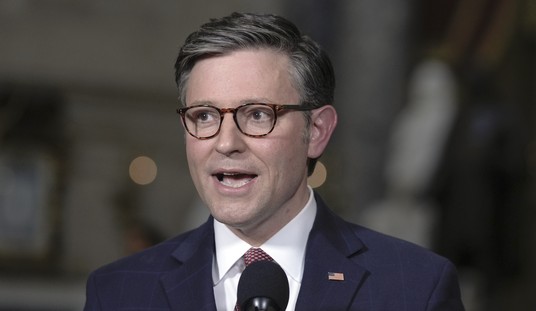
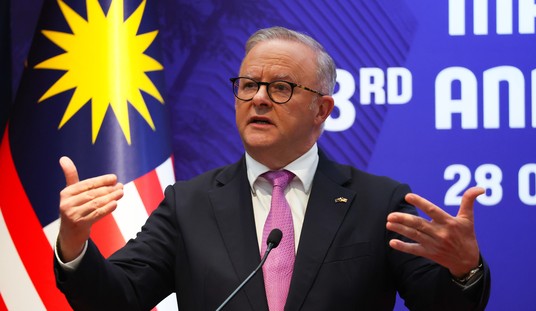

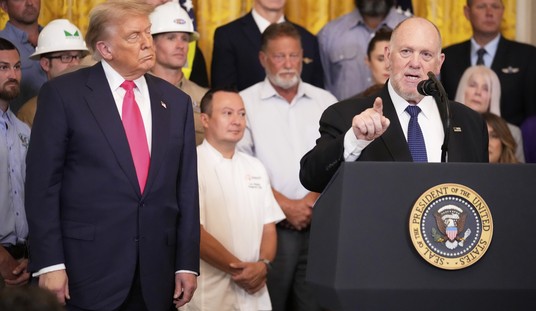
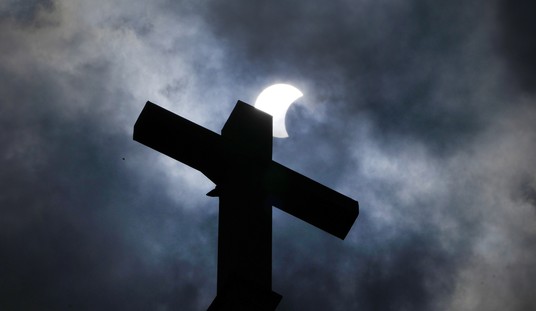

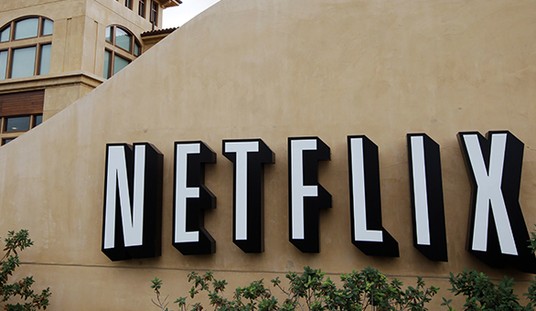
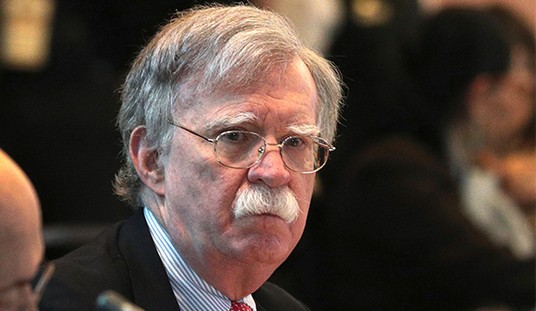

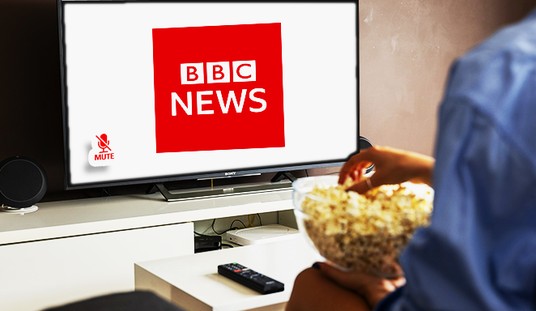

Join the conversation as a VIP Member